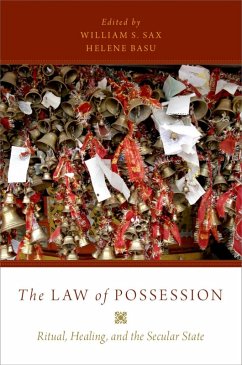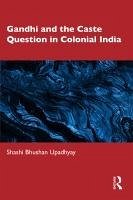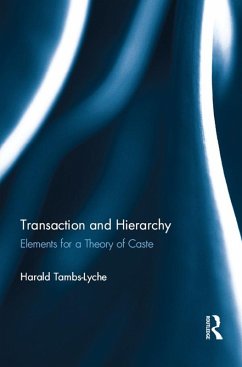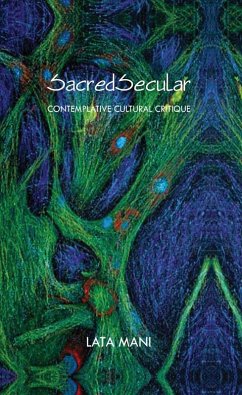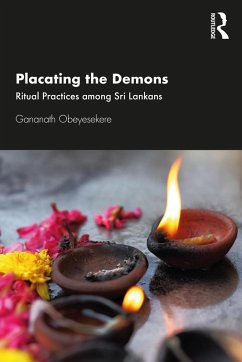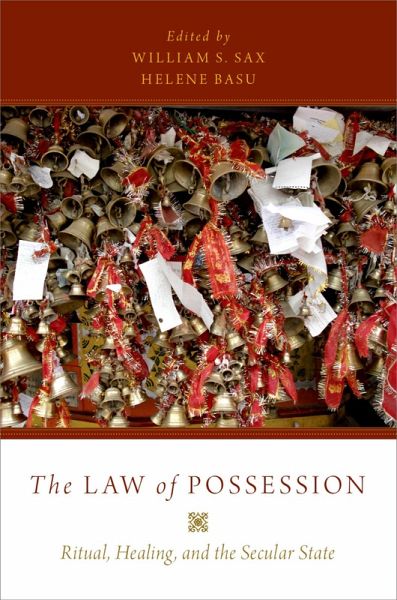
The Law of Possession (eBook, PDF)
Ritual, Healing, and the Secular State
Redaktion: Sax, William S.; Basu, Helene
Versandkostenfrei!
Sofort per Download lieferbar
15,95 €
inkl. MwSt.
Weitere Ausgaben:

PAYBACK Punkte
8 °P sammeln!
Rituals combining healing with spirit possession and court-like proceedings are found around the world and throughout history. For example, a person suffers from an illness that cannot be cured, and in order to be healed he performs a ritual involving prosecution and defense, a judge and witnesses. Divine beings give evidence through human oracles, spirits possess their human victims and are exorcized, and local gods intervene to provide healing and justice. Such practices seem to be the very antithesis of modernity and many modern, secular states have systematically attempted to eliminate the...
Rituals combining healing with spirit possession and court-like proceedings are found around the world and throughout history. For example, a person suffers from an illness that cannot be cured, and in order to be healed he performs a ritual involving prosecution and defense, a judge and witnesses. Divine beings give evidence through human oracles, spirits possess their human victims and are exorcized, and local gods intervene to provide healing and justice. Such practices seem to be the very antithesis of modernity and many modern, secular states have systematically attempted to eliminate them. Why are such rituals largely absent from modern societies, and what happens to them when the state attempts to expunge them from their health and justice systems, or even to criminalize them? Despite the prevalence of rituals involving some or all of these elements, The Law of Possession represents the first attempt to compare and analyze them systematically. The volume brings together historical and contemporary case studies from East Asia, South Asia, and Africa, and argues that, despite consistent attempts by states to discourage, eliminate, and criminalize them, such rituals persist and even thrive because they meet widespread human needs.
Dieser Download kann aus rechtlichen Gründen nur mit Rechnungsadresse in A, B, BG, CY, CZ, D, DK, EW, E, FIN, F, GR, HR, H, IRL, I, LT, L, LR, M, NL, PL, P, R, S, SLO, SK ausgeliefert werden.




